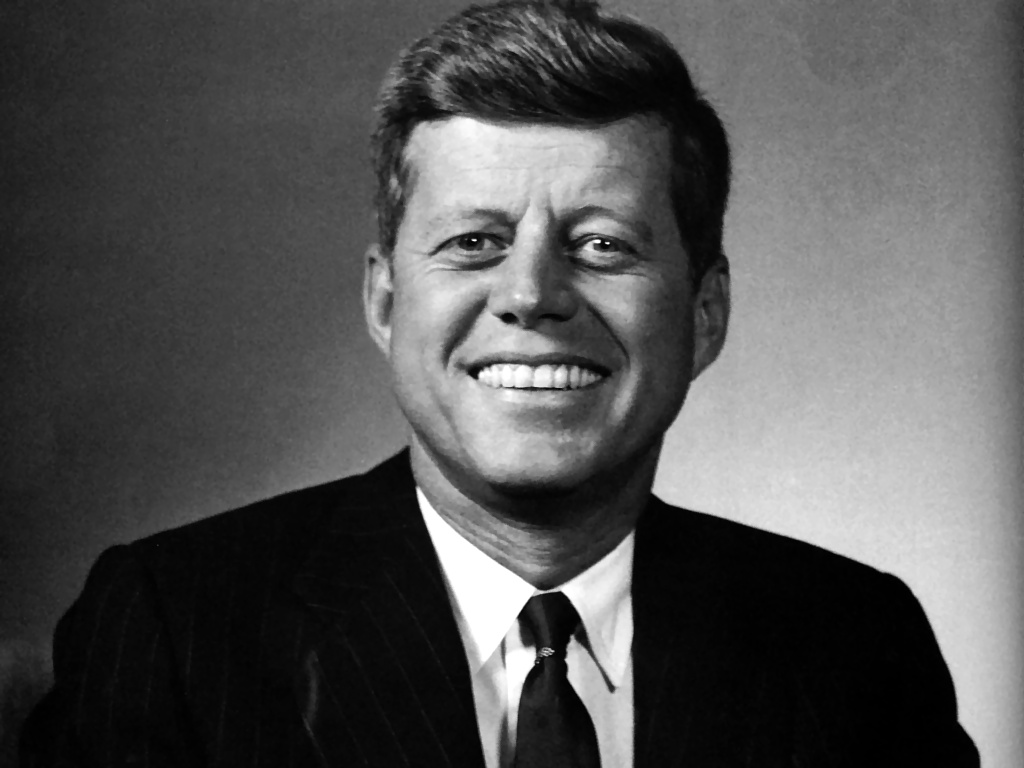John F. Kennedy, known as JFK, served as the 35th president of the United States from January 20, 1961, until his assassination on November 22, 1963. His presidency was marked by significant events that shaped American history, including the Cuban Missile Crisis, the establishment of the Peace Corps, and the push for civil rights. This article will explore the life, accomplishments, and lasting impact of this iconic figure in American politics.
Throughout his brief but impactful presidency, Kennedy inspired a generation with his vision of a new frontier, advocating for social change, international cooperation, and space exploration. His famous inaugural address urged Americans to "ask not what your country can do for you – ask what you can do for your country," a sentiment that resonates to this day.
As we delve deeper into the life of John F. Kennedy, we will examine his early years, political career, and the circumstances surrounding his untimely death. Understanding Kennedy's legacy is essential for grasping the complexities of modern American politics and the ongoing influence of his ideals.
Table of Contents
- Biography of John F. Kennedy
- Early Life and Education
- Political Career
- The Presidency of John F. Kennedy
- Foreign Policy Initiatives
- Domestic Policy Achievements
- Assassination and Its Aftermath
- Legacy and Impact
Biography of John F. Kennedy
John Fitzgerald Kennedy was born on May 29, 1917, in Brookline, Massachusetts. He was the second of nine children in a prominent Irish Catholic family. His father, Joseph P. Kennedy Sr., was a successful businessman and political figure, which significantly influenced JFK's future. Kennedy attended Harvard University, where he earned a degree in government.
| Full Name | John Fitzgerald Kennedy |
|---|---|
| Date of Birth | May 29, 1917 |
| Date of Death | November 22, 1963 |
| Political Party | Democratic Party |
| Predecessor | Dwight D. Eisenhower |
| Successor | Lyndon B. Johnson |
Early Life and Education
JFK's early life was marked by privilege and expectations. He struggled with health issues throughout his childhood, including chronic back pain. Despite these challenges, he excelled academically and was known for his charm and charisma. He graduated from Harvard in 1940, where he wrote his senior thesis on British appeasement before World War II, which was later published as a book.
Political Career
After serving in the Navy during World War II, where he earned several medals for his bravery, Kennedy entered politics. He was elected to the U.S. House of Representatives in 1947, representing Massachusetts's 11th congressional district. His tenure in Congress laid the foundation for his political career, and he quickly became known for his eloquence and advocacy for social issues.
Senate Career
In 1953, JFK was elected to the U.S. Senate, where he continued to focus on issues such as labor rights and healthcare. He gained national attention for his book "Profiles in Courage," which discussed political bravery and integrity. His growing reputation as a leader and reformer positioned him as a strong candidate for the presidency.
The Presidency of John F. Kennedy
John F. Kennedy was inaugurated as the 35th president of the United States on January 20, 1961. His administration focused on several key issues, including civil rights, international relations, and economic growth.
New Frontier
One of JFK's most significant initiatives was his "New Frontier" program, which aimed to address various social issues, including poverty, education, and healthcare. He sought to create a more equitable society and strengthen the American economy.
Foreign Policy Initiatives
JFK's presidency was marked by several critical foreign policy challenges, most notably the Cold War tensions with the Soviet Union.
Cuban Missile Crisis
The Cuban Missile Crisis in October 1962 was perhaps the most critical moment of Kennedy's presidency. The U.S. discovered Soviet nuclear missiles in Cuba, leading to a tense 13-day standoff between the two superpowers. Kennedy's decisive actions during this period helped avert a potential nuclear war and solidified his reputation as a leader capable of handling crises.
Domestic Policy Achievements
Domestically, Kennedy championed civil rights and pushed for legislation to end racial segregation and discrimination. His administration laid the groundwork for the Civil Rights Act of 1964, which would be enacted after his assassination.
Assassination and Its Aftermath
Tragically, Kennedy's life was cut short when he was assassinated in Dallas, Texas, on November 22, 1963. His death shocked the nation and the world, leading to an outpouring of grief and mourning.
Legacy and Impact
John F. Kennedy's legacy continues to influence American politics and culture. His vision for a better America and his commitment to public service inspire many to this day. The ideals he championed during his presidency remain relevant, particularly in discussions about civil rights, social justice, and international cooperation.
In conclusion, John F. Kennedy's impact as the 35th president of the United States is profound and enduring. His life story serves as a reminder of the importance of leadership, courage, and a commitment to the greater good. We encourage readers to reflect on JFK's legacy and consider how his principles can inform our actions today. Feel free to leave your thoughts in the comments below and share this article with others who may be interested in learning more about this remarkable leader.
Thank you for reading! We invite you to explore more articles on our site for further insights into historical figures and events that shaped our world.




